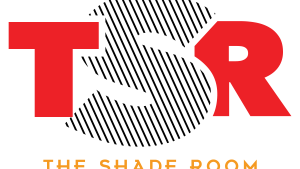
As Korean Content Explodes, Series Orders From the Country Plummet
You would think that runaway successes of Squid Game and, more recently, KPop Demon Hunters would have streamers scrambling to order South Korean content — but that’s not happening, according to a new report by Ampere Analysis.
The commissioning (greenlighting, ordering) of South Korean TV shows dropped by 20 percent from the first half of 2023 and to the first half of 2025, the streaming-research company found. Local productions cut back by the same 20 percent, while global streamers reduced their commissions by more than double, 43 percent. Locally, scripted orders were slammed, dropping by 39 percent over the time period.
It seems like only Netflix, the home to both Squid Game and KPop Demon Hunters, is keeping K-content alive. A whopping 88 percent of South Korea’s first-half 2025 global SVOD announcements came from the top global streamer. Unfortunately, even the Korean-content focus there has shifted toward unscripted.
There definitely was a period of loading up: Korean content on non-Korean streaming services had increased by 55 percent between 2021 and 2024.
It is odd that this is happening in the same frame of K-content dominance. The share of viewers from outside Korea who say they watch South Korean TV series or films rose from 22 percent in the first quarter of 2020 to 35 percent in Q1 2025.
KPop Demon Hunters premiered on June 20, 2025. Squid Game 2 was released on December 25, 2024; Squid Game 3 came out on June 27, 2025.
“Korean content has leapt onto the international stage, reaching worldwide success with both global SVoD Originals and local titles,” Mariana Enriquez Denton Bustinza, analyst at Ampere Analysis, said. “However, despite continued demand for K-content, TV show commissions from local and global players have declined, with global SVoDs changing content strategies from scripted Originals to focus on acquisitions, and in Netflix’s case, producing a higher proportion of Unscripted titles. Despite struggling with inflated costs, this leaves the export market open for South Korean commissioners, especially now that Netflix is reportedly considering the introduction of caps on actors’ fees, which may lead to a more accessible and reinvigorated local production landscape.”










